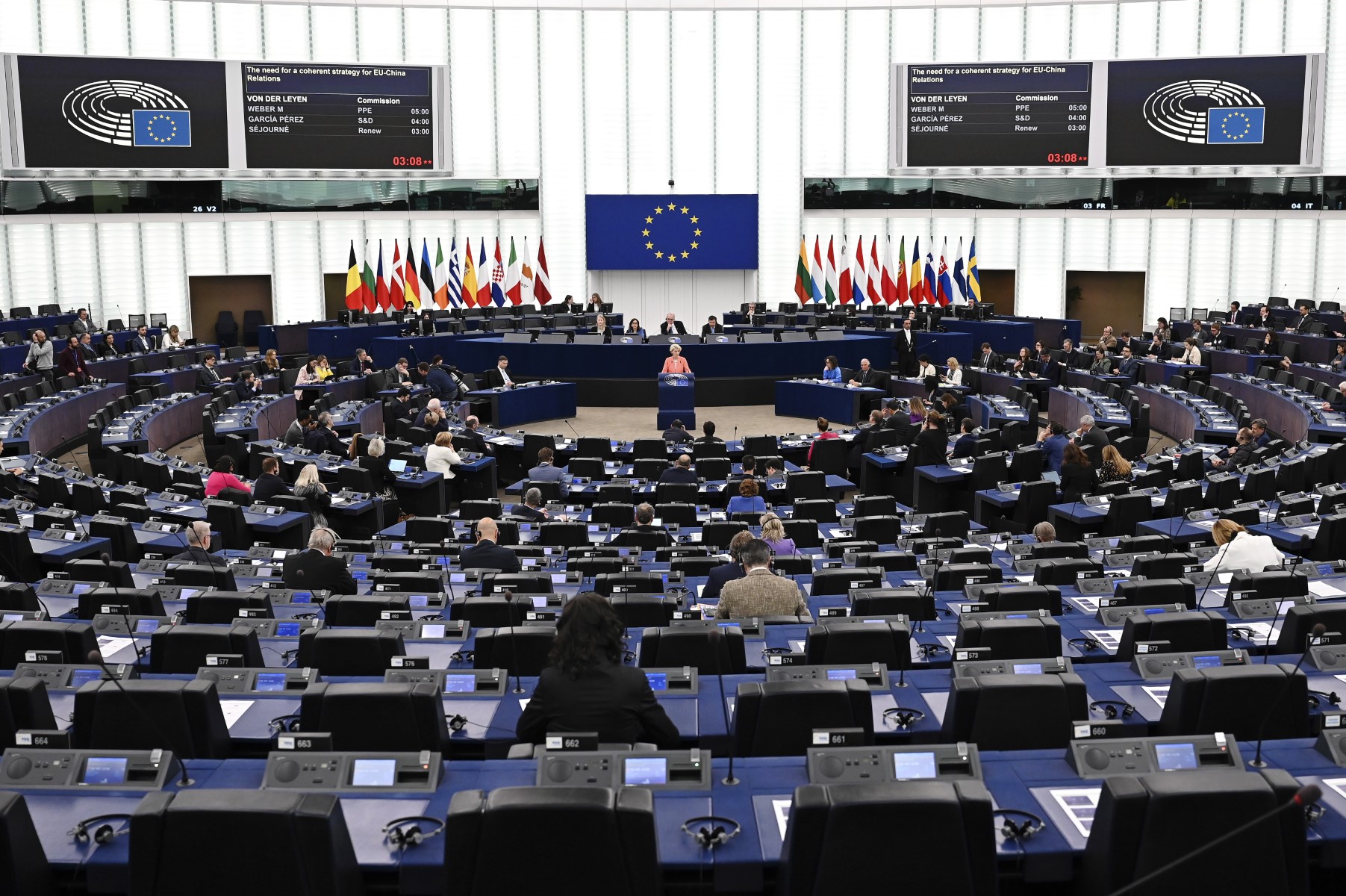Strasbourg, France – The European Parliament on Wednesday narrowly backed a key biodiversity bill aimed at rewilding EU land and water habitats, overcoming a backlash by conservative lawmakers who said it would hurt farmers.
The text endorsing the Nature Restoration Law passed with 336 votes in favor, 300 against and 13 abstentions, setting the scene for the parliament to negotiate a final law on the issue with EU member state governments.
The parliament’s biggest political grouping, the conservative European People’s Party (EPP), had sought to shoot down the text, arguing that it would reduce EU food security and limit possibilities to build wind and hydroelectric energy facilities.
But it was outnumbered by other lawmakers who feared defeat of the text would send a signal that Europe was backing away from its green goals.
The conservative opposition to it, supported by extreme-right lawmakers, meant parts of the text were amended in ways that leftwing lawmakers said watered it down.
Much of the political fight around the text stemmed from electoral manoeuvres as parties positioned themselves ahead of EU elections to take place in June 2024.
The Nature Restoration Act, initiated by the European Commission, aims to resuscitate degraded ecosystems by boosting forested areas, marine habitats and increasing connectivity between rivers.
It notably seeks to grow populations of bees, birds and butterflies — especially on farmland, which would also be encouraged to bring back marsh- and peatlands previously drained.
The EPP, which woos Europe’s farmers as a key constituency, had called the bill a “bad proposal” and that farmers’ concerns deserved to be listened to.
The EPP chief in the parliament, Manfred Weber, said in the lead-up to Wednesday’s vote that “our approach is bridge-building” and that was why it wanted the current proposal to be scrapped and another drawn up.
But lawmakers and commission officials said the proposed bill had to pass because the electoral calendar meant no other text was possible before the EU elections.
The outcome was “a victory, but a bitter victory,” the Greens grouping in the parliament said.
“The obstruction by the right, the extreme-right and some of the liberals has led to a largely watered-down version being adopted,” one of its MEPs, Caroline Roose, said.
A non-governmental organization lobbying for maritime environmental protections, Seas At Risk, also criticized what it called “populist grandstanding” by right-wing and far-right lawmakers, and the “significantly weakened” final position.
Greenpeace, though, hailed the adoption of what it said would be a “clear benchmark” to judge EU governments on how they improve biodiversity.

